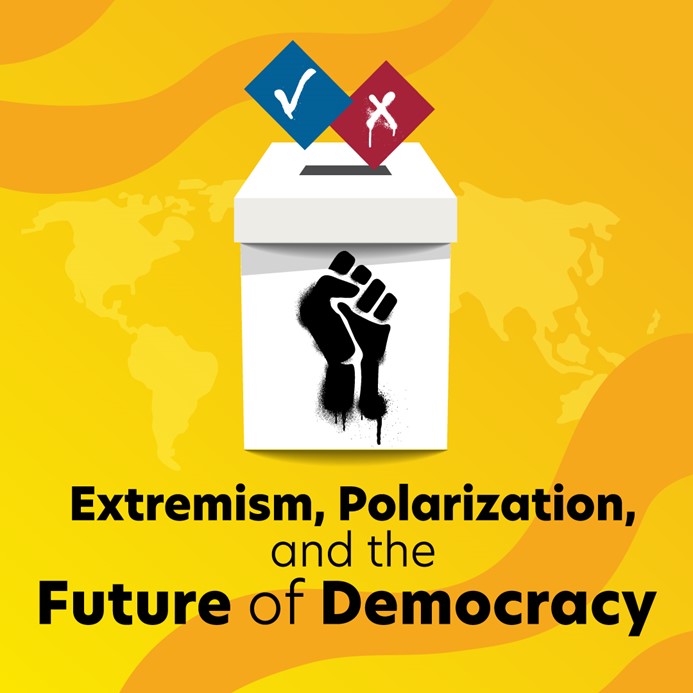
Podcast coming soon in 2023...
We are living in a time of great political turbulence. Globally, democratic norms and institutions are eroding, populist movements are amassing impressive momentum, and politics at every level are increasingly hostile to charity and nuance. In particular, the way in which public discourse has both sharpened and tended towards extremity is difficult to ignore.
This podcast takes an inside look at contemporary extremism and polarization with the help of academics, experts, and filmmakers, using questions submitted by Political Studies undergraduate students as part of a third-year course on extremism and polarization.
Key themes of the series include: the underlying causes of extremism and polarization, the mechanics of public and political discourse, the relationship between anger and politics, political identity formation, mass movements, and the political impacts of communication technology.
Featuring
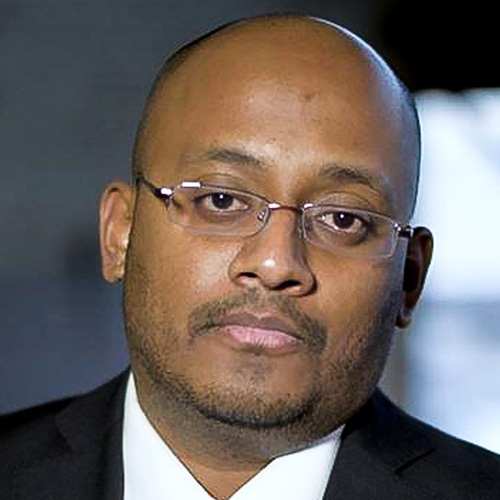
Amaranth Amarasingam
Amarnath Amarasingam is an Assistant Professor in the School of Religion, and is cross-appointed to the Department of Political Studies, at Queen’s University. He is also a Senior Fellow with the International Centre for the Study of Radicalisation. His research interests are in terrorism, radicalization and extremism, conspiracy theories, online communities, diaspora politics, post-war reconstruction, and the sociology of religion. He is the author of Pain, Pride, and Politics: Sri Lankan Tamil Activism in Canada (2015), and the co-editor of Stress Tested: The COVID-19 Pandemic and Canadian National Security (2021) and Sri Lanka: The Struggle for Peace in the Aftermath of War (2016).
Ronald Beiner
Ronald Beiner is Professor Emeritus of Political Science at the University of Toronto and a Fellow of the Royal Society of Canada. His books include Political Judgment (1983), What’s the Matter with Liberalism? (1992), Philosophy in a Time of Lost Spirit (1997), Liberalism, Nationalism, Citizenship (2003), Civil Religion: A Dialogue in the History of Political Philosophy (2011), Political Philosophy: What It Is and Why It Matters (2014), and most recently, Dangerous Minds: Nietzsche, Heidegger, and the Return of the Far Right (2018). He is also the editor of Hannah Arendt’s Lectures on Kant’s Political Philosophy (1982), which has been published in many foreign-language editions.
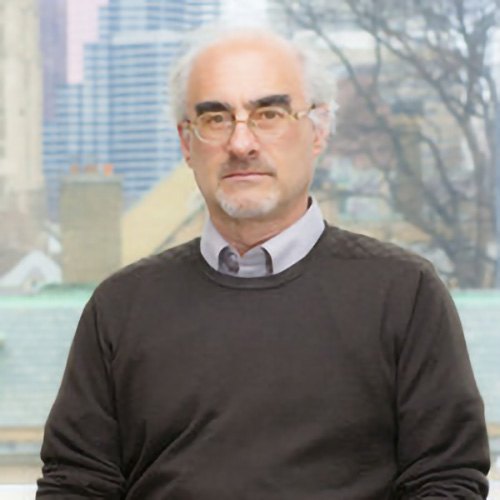
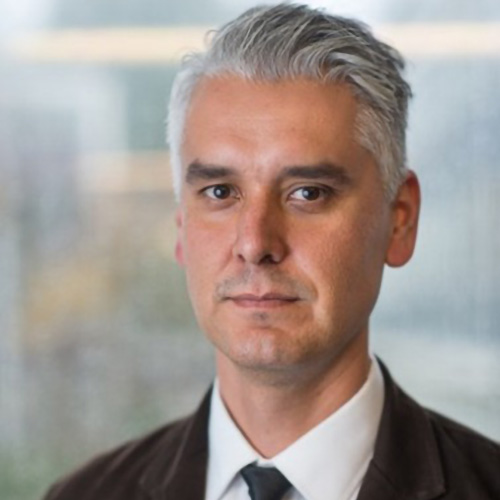
Glen Coulthard
Glen Coulthard is Yellowknives Dene and an associate professor in the First Nations and Indigenous Studies Program and the Department of Political Science at the University of British Columbia. He is the author of Red Skin, White Masks: Rejecting the Colonial Politics of Recognition (Minneapolis: University of Minnesota Press, 2014), winner of the 2016 Caribbean Philosophical Association’s Frantz Fanon Award for Outstanding Book, the Canadian Political Science Association’s CB Macpherson Award for Best Book in Political Theory, published in English or French, in 2014/2015, and the Rik Davidson Studies in Political Economy Award for Best Book in 2016. He is also a co-founder of Dechinta Centre for Research and Learning, a decolonial, Indigenous land-based post-secondary program operating on his traditional territories in Denendeh (Northwest Territories).
Deeyah Khan
Deeyah Khan is the multi-award-winning documentary director and producer of Banaz: A Love Story (2012), Jihad (2015), White Right: Meeting the Enemy (2017), America’s War on Abortion (2020), Muslim in Trump’s America (2020), and Behind the Rage: America’s Domestic Violence (2022). Her empathetic and unflinching films confront important and polarizing issues including extremism, violence against women, inequality, racism, and social exclusion. Deeyah founded her media, arts, and education company, Fuuse, in 2010, with the aim of creating space for more inclusive and diverse stories. In 2016, she was appointed the first UNESCO Goodwill Ambassador for Artistic Freedom and Creativity.
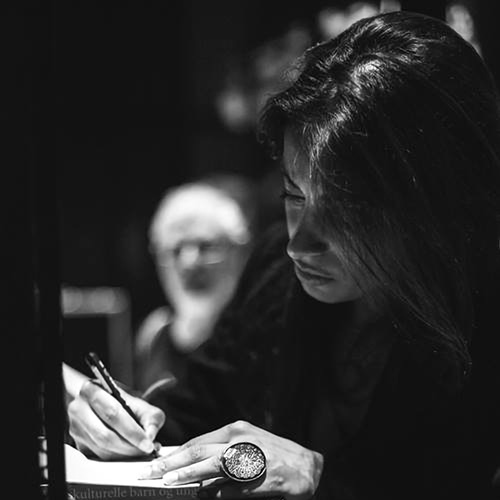
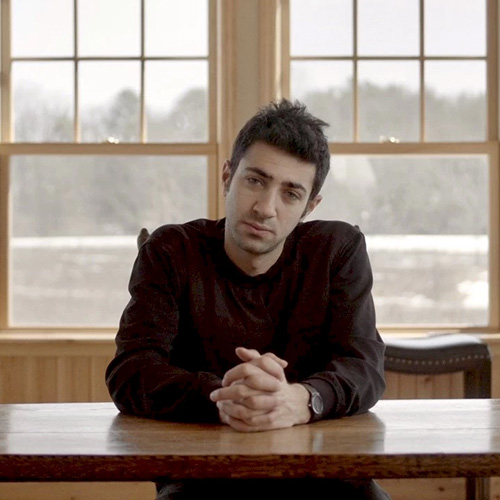
Daniel Lombroso
Daniel Lombroso is a director and journalist. His debut feature film, White Noise, based on his four years reporting inside the alt-right, premiered in 2020 to critical acclaim. It was named one of the top documentaries of the year by Vox and The Boston Globe. His latest short, American Scar, received an Honorable Mention for the Grand Jury Prize at DocNYC. Lombroso has been interviewed about his work in Variety, Vox, NPR, and Filmmaker Magazine, and been awarded five Vimeo Staff Picks. He is the Senior Producer for video at The New Yorker, after five years at The Atlantic.
Carissima Mathen
Carissima Mathen is a Full Professor at the Faculty of Law, University of Ottawa. She has published on all aspects of constitutional and criminal law. Numerous courts, including the Supreme Court of Canada, have cited her scholarship. She is author of the award-wining book Courts Without Cases: The Law and Politics of Advisory Opinions, and The Tenth Justice: Judicial Appointments, Marc Nadon and the Supreme Court Act Reference. Before joining the academy, Professor Mathen was a constitutional litigator involved in path-breaking decisions on the Charter of Rights and Freedoms. Professor She is a recipient of the Law Society Medal, one of the highest honors bestowed by the Ontario bar. A frequent media commentator, she is deeply committed to public education and legal literacy.

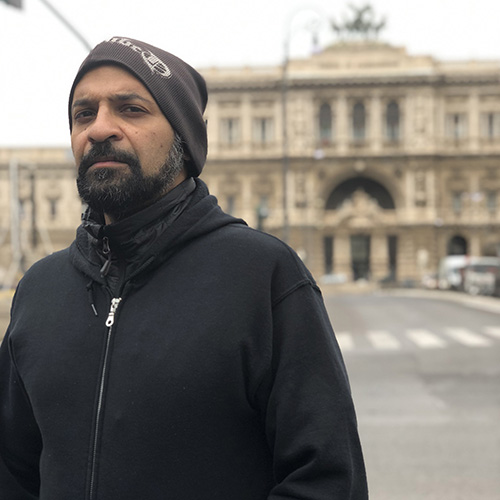
Vivek Venkatesh
Vivek Venkatesh is a filmmaker, musician, curator, and applied learning scientist whose research and research-creation programs focus on community resilience and pluralism through a resolutely public pedagogical approach. Vivek holds the UNESCO co-Chair in Prevention of Radicalisation and Violent Extremism and serves as co-director of the Centre for the Study of Learning and Performance at Concordia University in Montréal, where he is Full Professor of Inclusive Practices in Visual Arts and Chair of the Department of Art Education. He has been awarded close to $8.9 million (CAD) in external funding as principal or co-Principal Investigator, has published and presented nearly 70 peer-reviewed scholarly pieces, as well as curated and performed at over 25 festival, art installation and concert events